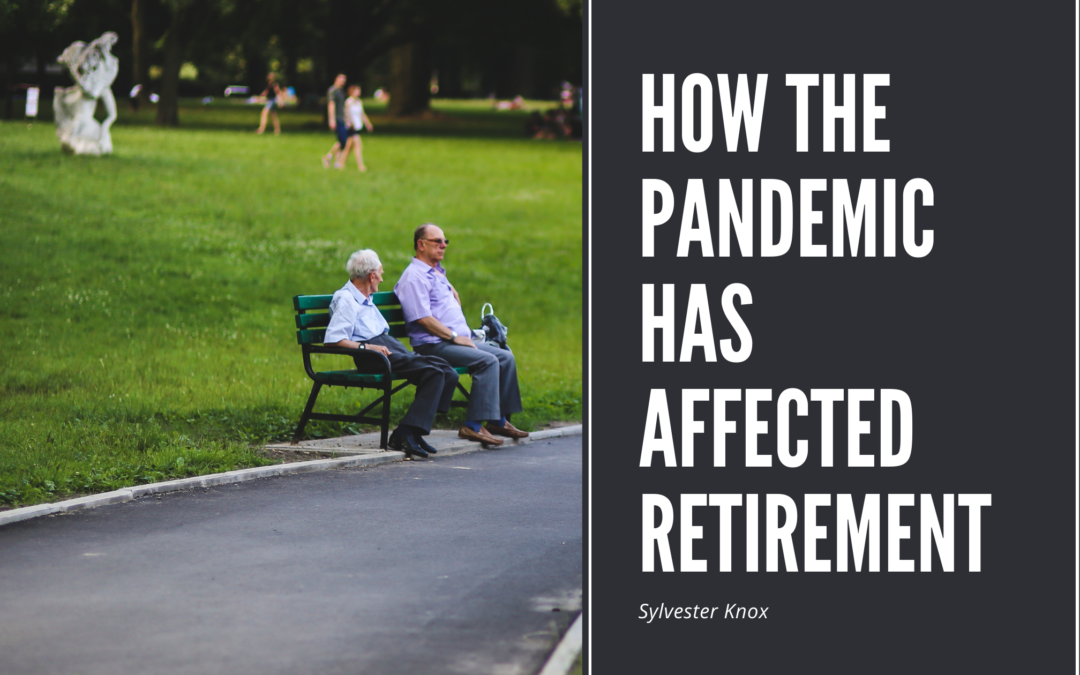Now that the pandemic is over a year old, many workers are starting to consider their futures again. The present is still very much up in the air, but things are stabilizing to some degree, at least enough for many workers to take a moment and consider their current retirement expectations.
The good news is that for many, their finances weren’t harmed by the pandemic. In fact, they might actually have the chance to save more money, given reduced chances to actually spend money.
On the other hand, many wound up having to draw upon their retirement funds during the crisis. They did this just to pay bills and stay afloat during lockdowns and economic upheaval.
Four out of five Americans believe that pandemic events impacted their plans for retirement, with one in three assuming getting back on track will take several years because of fewer hours, job losses, or hitting up their retirement savings for withdrawals. Still, most everyone is relatively confident that they can still retire when they would like to do so.
Even though the previous year proved to be a turbulent ride, most Americans with plans for retirement should be happy to know that the economic foundations for future planning look as good as ever. Even though more than a third of Americans had higher levels of concern about their retirement plans compared to the start of the pandemic, retirement savings accounts actually hit new highs during 2020 Q4.
Even though business activity dropped off during the pandemic, less than one in five workers actually adjusted the specific age they plan to retire at. Even then, for every three that postponed their age, there was one that actually moved up their retirement plans. However, those that decided to retire sooner often did so because of job loss.
Workers that were at most risk of having suffered losses in terms of retirement savings tended to be unmarried or low in income. People with debt issues also wound up with complications more often than not.
Conversely, over four in five workers who got to enjoy workplace retirement plans were very satisfied with their benefits. Being able to save for retirement has obvious benefits for the future, but it can also mean confidence in current fiscal matters, too.

